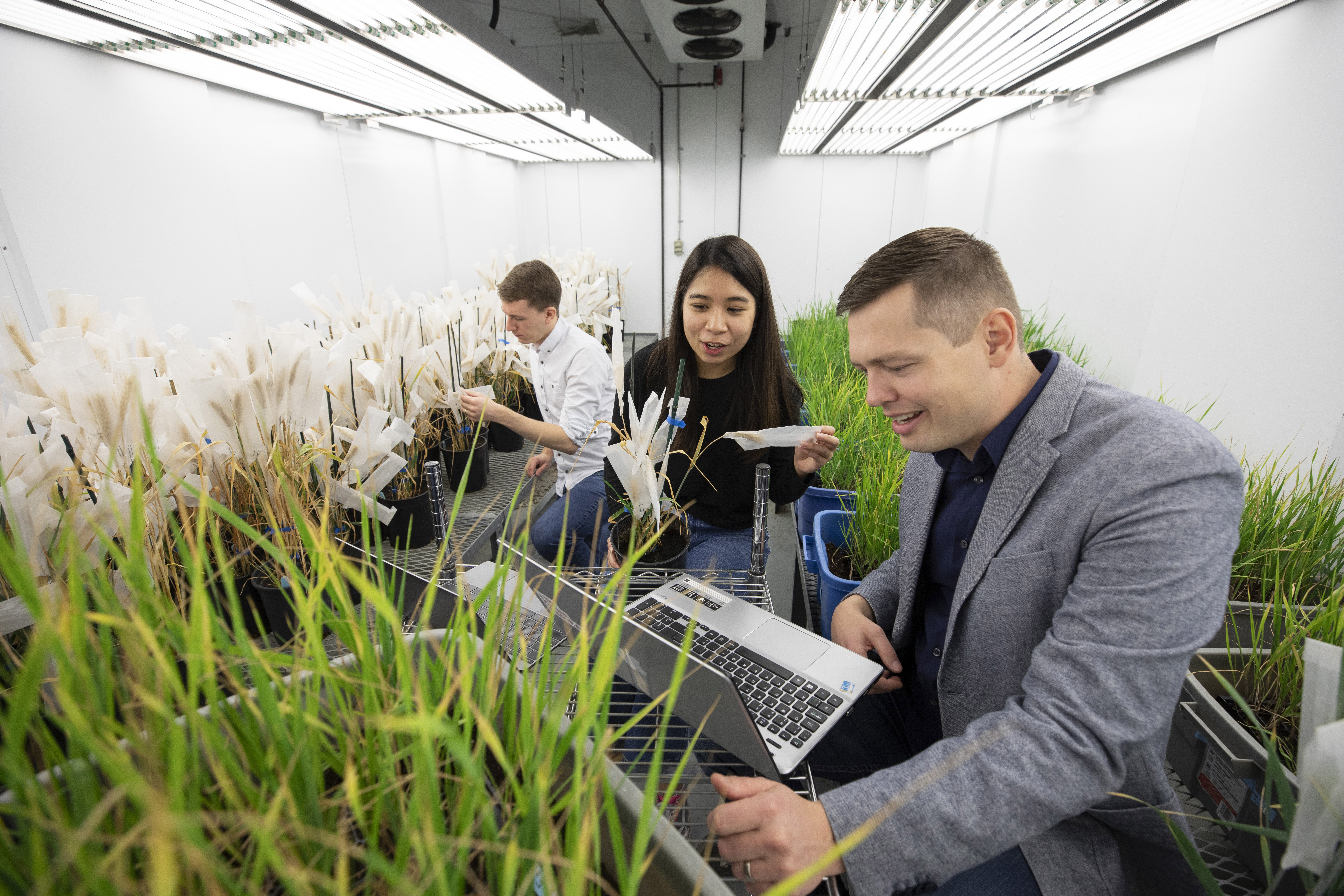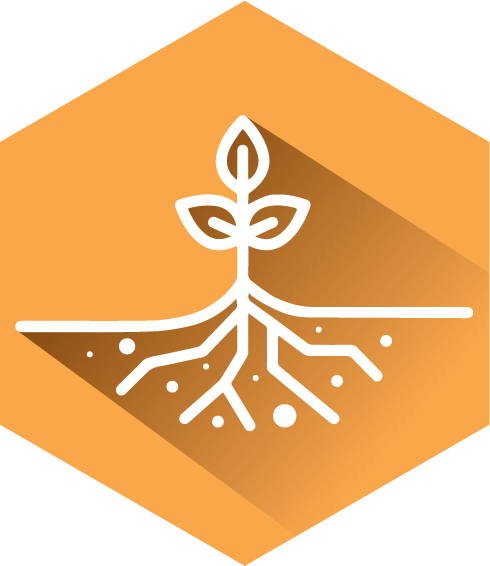
Accelerating crop development by linking specific genes to desired traits
P2IRC was founded in 2015 with $37.2 million awarded to USask by the Canada First Research Excellence Fund (CFREF). The CFREF helps Canadian universities gain global competitive advantage and implement large-scale, transformational, and forward-thinking institutional strategies.
Why P 2IRC?
A growing population and different resource challenges have made food security a major issue facing the world today. Sustainable agricultural technology is key to feeding the world more resourcefully and will help breed more climate resilient crops faster, with reduced environmental impact.
A digital agricultural research centre, P 2IRC is developing innovative tools to revolutionize crop improvement by accelerating the process of plant breeding and transforming food production capacity. The P 2IRC program is generating a range of data-rich technologies, products, and services that can fundamentally transform seed and plant breeding of large-area crops essential to global food security, including wheat, canola, and lentils.
As a leading agricultural hub tackling global food security challenges, by 2022, P 2IRC will be the unique resource for plant breeders around the world.
Research Programs

Yield stability
Combining the power of genomic and physiological selection for yield stability in a changing climate.

Mobilizing Root-Soil-Microbiome Interactions
Developing methods to investigate the role of root traits in controlling yield, yield stability and quality traits.

Deep Learning for Phenomics
Developing deep learning methods for the automated estimation of phenotypes, to better capture genotype x environment interactions.

Field Imaging for Phenotyping
Developing automated workflows to phenotype field-grown crops throughout the growing season using multiple imaging methods.
This research is underway thanks in part to funding from the
Canada First Research Excellence Fund.

